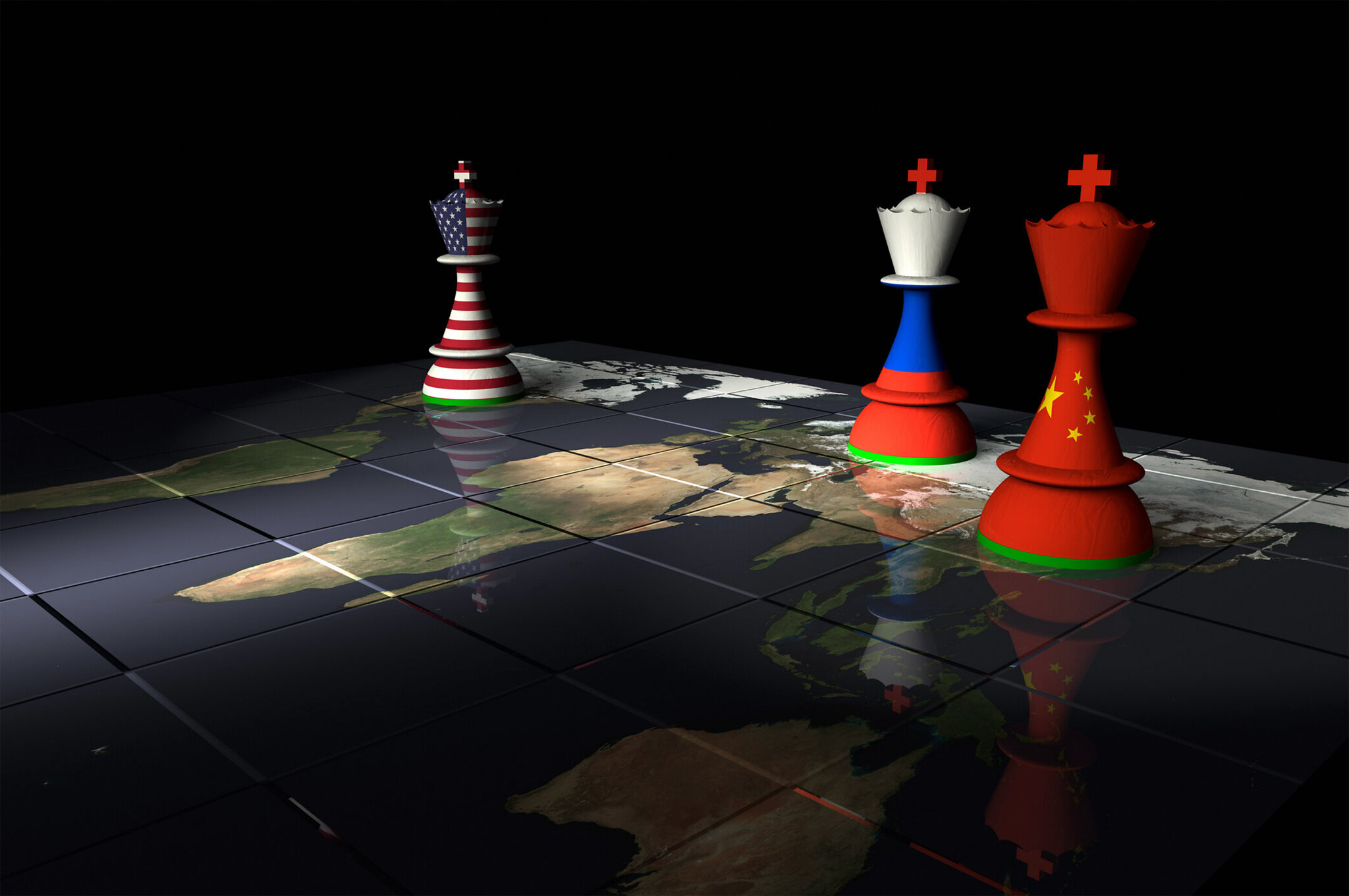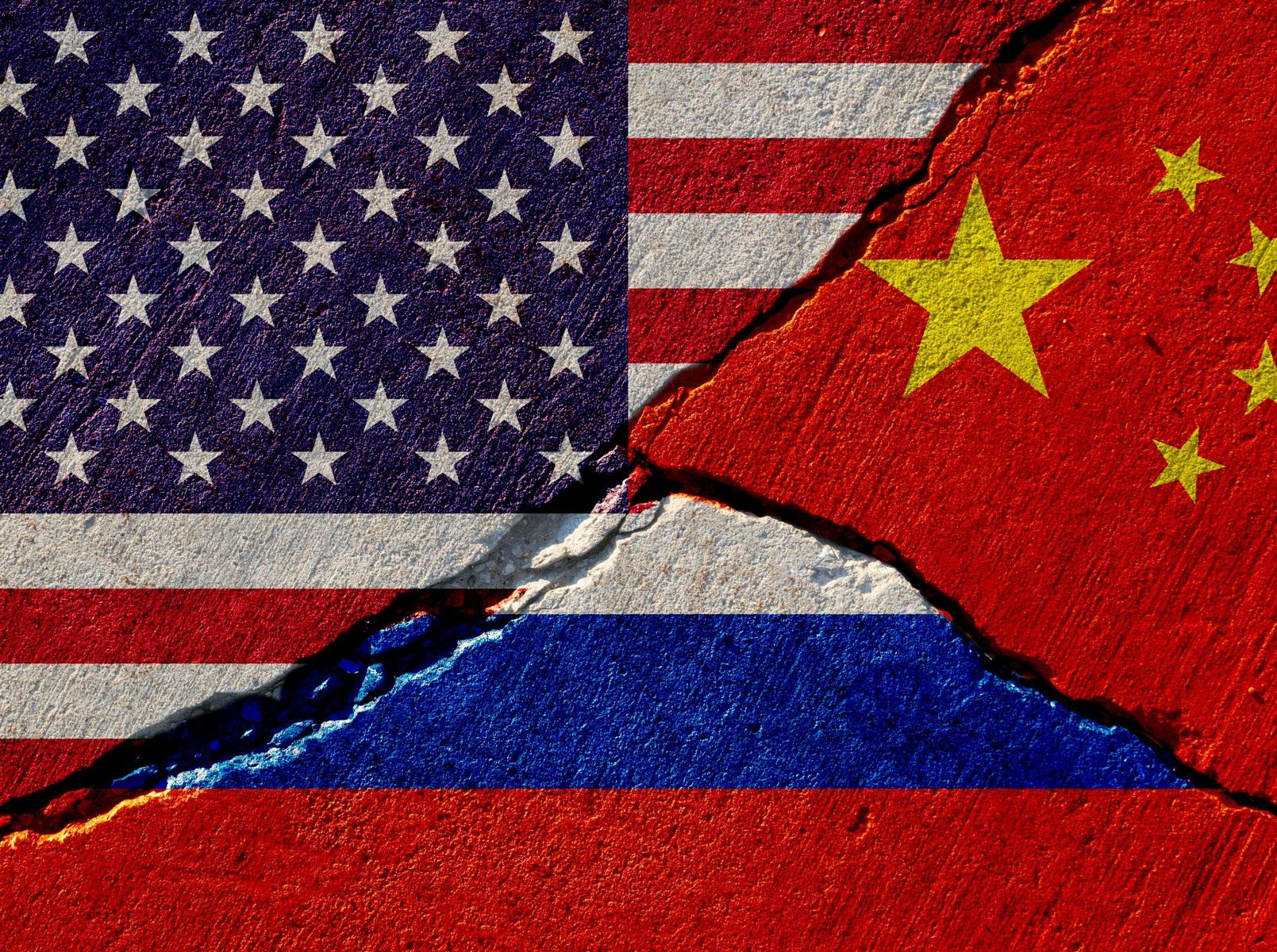Latin America and the Caribbean (LAC) has both possibilities and threats from foreign countries like China and Russia in its complicated geopolitical environment, including its connections with the US. These foreign countries use economic and political tactics to influence regional dynamics and challenge US interests.

China and Russia’s Divergent Paths: Threatening US Interests in Latin America and the Caribbean (Photo: Google)
Divergent Strategies of China and Russia in Latin America and the Caribbean (LAC)
China and Russia use different strategies in LAC to reduce US influence and advance their strategic goals. China uses its market dominance and the Belt and Road Initiative (BRI) to create reliance and influence regional decision-making through extensive economic investments. China envisions a multipolar world by investing in infrastructure and fostering economic linkages while marginalizing US influence.
China’s objective is to promote its governance model and diplomatically isolate democratic Taiwan. China hopes the BRI and CELAC will alter regional debate and reduce criticism of its human rights policies. China’s military and technological advances also threaten regional stability and US interests.
Russia’s impact in LAC is limited to helping dictatorial governments and opposing US initiatives in Europe. Russia uses military cooperation and arms sales to strengthen strategic partnerships with Cuba, Nicaragua, and Venezuela to oppose US goals in Europe. Russia’s military presence and strategic alliances cause regional instability and geopolitical tensions despite its lower economic participation than China.
READ ALSO: Tension Rise As Beijing’s Military Moves Near Taiwan Persist Despite US China Talks Announcement
A Multifaceted Strategy to Counter Rising Influence in Latin America and the Caribbean (LAC)
The US must use a diversified economic and security approach to challenge China and Russia’s rising influence in LAC. To compete with China and Russia, economic engagement is as important as security collaboration. To reduce foreign influence and preserve regional autonomy, LAC must strengthen commercial relations, promote transparency, and support democratic institutions.
LAC must work together to strengthen democratic governance, economic resilience, and regional security while it navigates foreign influence. The US can promote security, prosperity, and democratic principles in LAC despite changing geopolitical circumstances by aggressively engaging with LAC on shared goals and addressing vulnerabilities.
READ ALSO: Yang Hengjun’s Suspended Death Sentence Rocks Australia-China Relations

















































